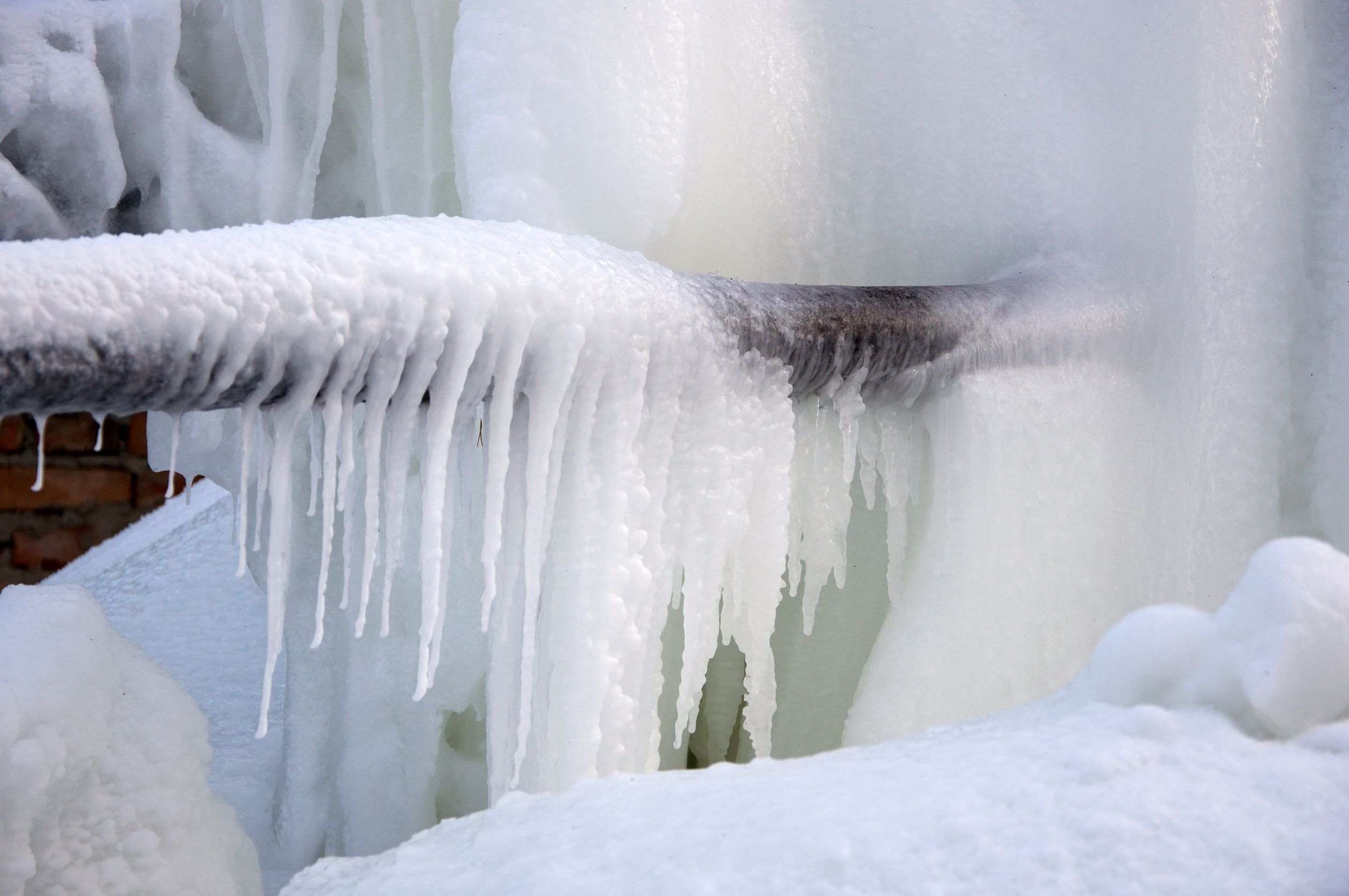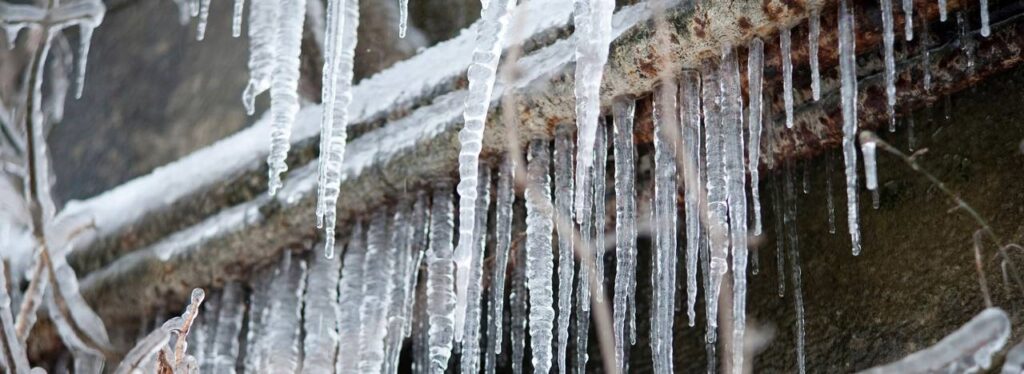Prevent Frozen Plumbing in Winter: Expert Tips
Prevent Frozen Plumbing in Winter: Expert Tips
Blog Article
Listed here in the next paragraphs you can get a bunch of quality insight related to How to Prevent Your Pipes From Freezing.

Winter can ruin your pipes, particularly by freezing pipes. Below's exactly how to avoid it from taking place and what to do if it does.
Introduction
As temperatures drop, the danger of frozen pipelines increases, potentially leading to expensive fixings and water damages. Understanding how to prevent frozen pipelines is crucial for property owners in cold climates.
Prevention Tips
Shielding susceptible pipes
Wrap pipes in insulation sleeves or utilize warm tape to shield them from freezing temperature levels. Concentrate on pipelines in unheated or exterior locations of the home.
Heating strategies
Maintain interior rooms effectively heated, specifically areas with pipes. Open cupboard doors to allow warm air to flow around pipes under sinks.
Exactly how to identify frozen pipelines
Look for reduced water circulation from taps, unusual odors or noises from pipelines, and noticeable frost on exposed pipes.
Long-Term Solutions
Structural adjustments
Think about rerouting pipelines far from outside wall surfaces or unheated areas. Include additional insulation to attics, cellars, and crawl spaces.
Updating insulation
Buy high-grade insulation for pipelines, attics, and wall surfaces. Proper insulation assists keep consistent temperatures and decreases the danger of icy pipes.
Securing Exterior Pipes
Garden hoses and outside faucets
Separate and drain pipes garden pipes before winter. Mount frost-proof spigots or cover exterior taps with insulated caps.
Understanding Icy Pipes
What triggers pipes to ice up?
Pipes ice up when revealed to temperature levels below 32 ° F (0 ° C) for prolonged durations. As water inside the pipes ices up, it expands, taxing the pipe walls and possibly creating them to burst.
Dangers and problems
Frozen pipes can cause water supply interruptions, residential or commercial property damages, and costly repairs. Burst pipes can flood homes and trigger substantial architectural damages.
Indications of Frozen Piping
Recognizing icy pipelines early can avoid them from rupturing.
What to Do If Your Pipes Freeze
Immediate actions to take
If you think frozen pipes, keep taps open up to soothe pressure as the ice thaws. Use a hairdryer or towels soaked in warm water to thaw pipes slowly.
Final thought
Stopping icy pipes calls for aggressive procedures and quick feedbacks. By understanding the reasons, signs, and safety nets, property owners can shield their pipes throughout winter.
5 Ways to Prevent Frozen Pipes
Drain Outdoor Faucets and Disconnect Hoses
First, close the shut-off valve that controls the flow of water in the pipe to your outdoor faucet. Then, head outside to disconnect and drain your hose and open the outdoor faucet to allow the water to completely drain out of the line. Turn off the faucet when done. Finally, head back to the shut-off valve and drain the remaining water inside the pipe into a bucket or container. Additionally, if you have a home irrigation system, you should consider hiring an expert to clear the system of water each year.
Insulate Pipes
One of the best and most cost-effective methods for preventing frozen water pipes is to wrap your pipes with insulation. This is especially important for areas in your home that aren’t exposed to heat, such as an attic. We suggest using foam sleeves, which can typically be found at your local hardware store.
Keep Heat Running at 65
Your pipes are located inside your walls, and the temperature there is much colder than the rest of the house. To prevent your pipes from freezing, The Insurance Information Institute suggests that you keep your home heated to at least 65 degrees, even when traveling. You may want to invest in smart devices that can keep an eye on the temperature in your home while you’re away.
Leave Water Dripping
Moving water — even a small trickle — can prevent ice from forming inside your pipes. When freezing temps are imminent, start a drip of water from all faucets that serve exposed pipes. Leaving a few faucets running will also help relieve pressure inside the pipes and help prevent a rupture if the water inside freezes.
Open Cupboard Doors
Warm your kitchen and bathroom pipes by opening cupboards and vanities. You should also leave your interior doors ajar to help warm air circulate evenly throughout your home.

I found that blog posting about Winter Plumbing Precautions: Preventing Frozen Pipes when doing a lookup on the search engines. Those who liked our page kindly do not forget to share it. Thank you so much for taking the time to read it.
Website Report this page